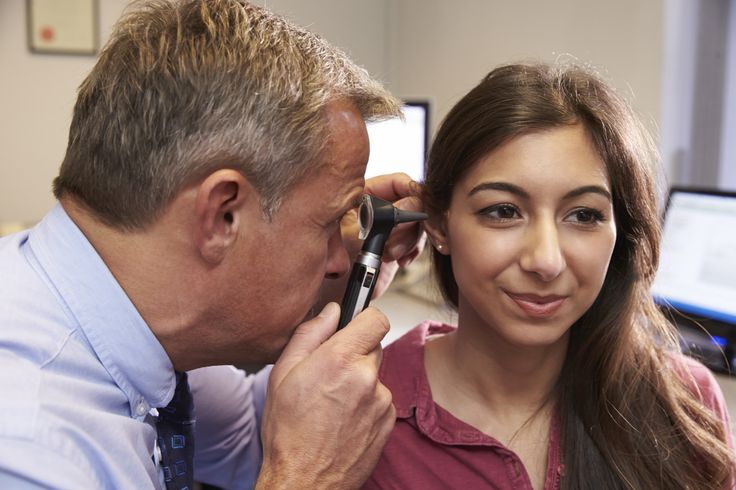When visiting a doctor, ENT or neurologist, there can be many questions and concerns you may have. This can be quite overwhelming, leaving you unsure about what are the best and most appropriate questions to ask.
Below are several questions that you can use as a guide, when visiting a vestibular specialist or doctor. It’s crucial that you are given as much clarity as possible about why you may be experiencing vertigo. The aim of this guide is to make finding out the cause behind your vertigo an easier process.
1. What is likely to be the root cause behind my vertigo?
This is a very direct question that you can use, to ask your doctor. If your doctor is unsure of the exact cause behind your vertigo or dizziness, they should at least be able to give you clarity upon what it may be associated with e.g. ototoxicity.
2. Is the dizziness that I’m receiving related to my ears?
In majority of cases, vertigo and dizziness is usually related to the ears, the inner ear to be more precise. Ruling out whether or not the dizziness you may be experiencing is coming from the inner ear, can help tremendously with getting closer to finding out what’s making you feel dizzy.
3. I am having trouble maintaining my balance whilst walking. What methods do you suggest for helping me?
When suffering from vertigo, maintaining balance becomes challenging. It can leave patients feeling uneasy, where the likelihood of them falling over increases. Finding out what you can do to reduce falls and enhance safety is a priority.
4. I noticed that the weather makes me feel dizzy at times. What other vertigo triggers are there, that I should be aware of?
Many vertigo triggers exist, these can range from salt to alcohol. Knowing as many as possible will help you avoid vertigo attacks.
5. What is the next best course of action that I can use for treating my vertigo?
Certain methods that are used for treating vertigo, such as VRT (Vestibular Rehabilitation Therapy) usually show signs of improvement. However there can be occasions where results can plateau and more support is necessary. This is where finding out what is the next best thing, to further improve your condition comes into play.
6. What preventative measures can I use for reducing symptoms of vertigo and dizziness?
Similar to finding out what is triggering your vertigo, knowing exactly what you can do to counteract the occurrence of vertigo is integral towards achieving better health. As the reasons behind vertigo are specific towards the individual, what you may need to prevent vertigo may not necessarily be required for another vertigo sufferer e.g. eating a diet low in salt.
7. I feel like vertigo has vastly changed my life. I’m anxious and can’t enjoy things like I used to. How can you help me?
As well as helping with physical symptoms, emotions also come into play. Inform your doctor about what may be troubling you, as this can help with unloading excess tension or stress. Your doctor can also refer and suggest alternative methods that you can use for improving your emotional state, helping with overcoming vertigo.





Please help me about dizziness problem also fullness of my left ear
Certainly Evelyn! Either post a message in the Cure Vertigo Now support group or message me directly and I will gladly help you out.
Before you try to treat it yourself, see your doctor. If you have vertigo, you’ll need to know what type it is and which ear has the problem.